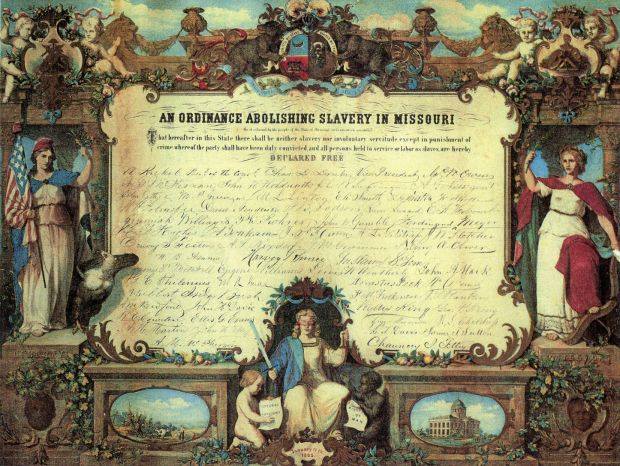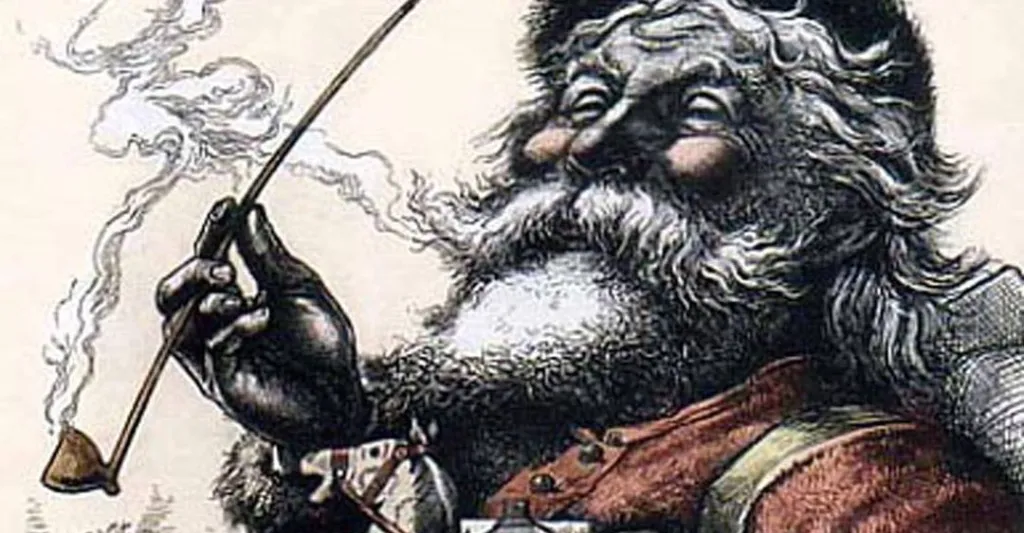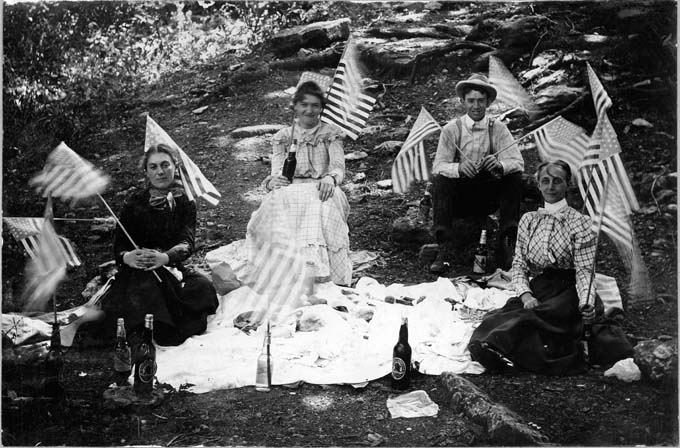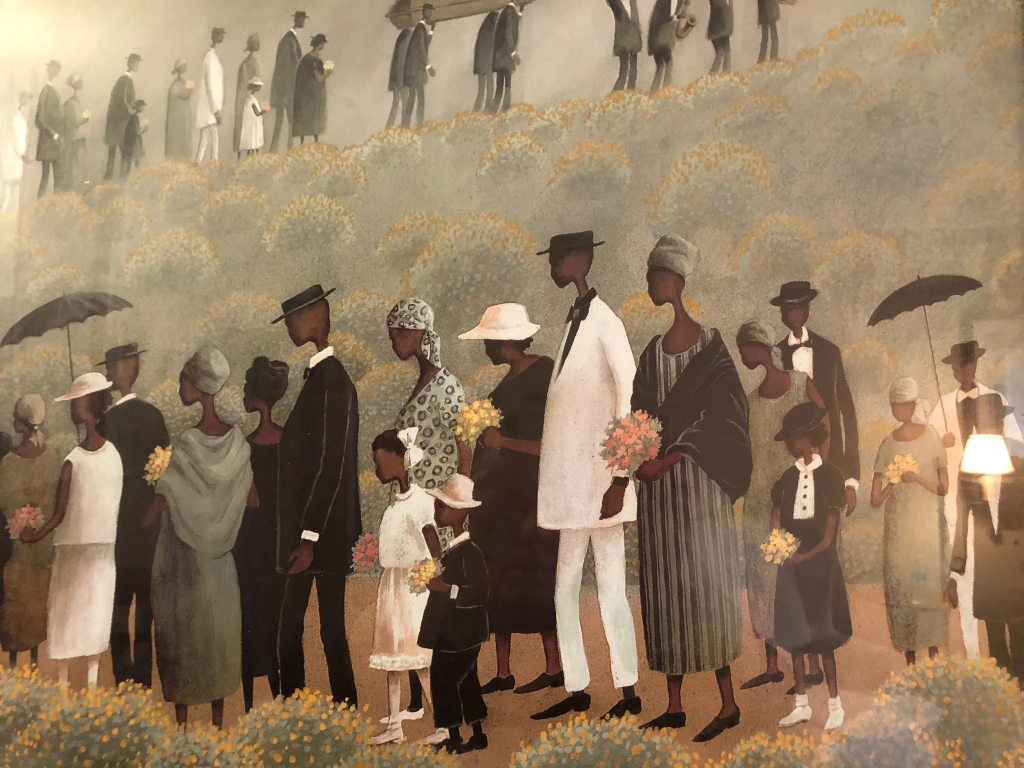AN ORDINANCE ABOLISHING SLAVERY IN MISSOURI Be it ordained by People of the State of Missouri, in Convention assembled That hereafter, in this State, there shall be neither slavery nor involuntary servitude, except in punishment of crime, whereof the party shall have been duly convicted; and all persons held to service or labor as slaves are hereby declared free.
On January 11, 1865 Missouri freed their enslaved. The State’s constitution allowed slavery with the Missouri Compromise, as it gained statehood on August 10, 1821. Many would later reflect as this was the beginning of the “War between the States” otherwise known today as the Civil War.
On January 1, 1863, President Lincoln would issue his famous Emancipation Proclamation, and the former enslaved would literally dance in the street. However, Lincoln’s Proclamation did not free those within the State of Missouri. And that would take a Constitutional Convention, of the elected officials of the State of Missouri, with a Representative from each county. That Convention convened on January 6, 1865 in St. Louis. On the opening day, the first order of business would be to elect a President to preside over this history making event, as the Convention had been called in order to deal with the issue of “Emancipation” for those enslaved.
They elected a German born immigrant, who had arrived in Missouri on November 1, 1832. His father had brought the family to America, because he had been told by his friend Gottfried Duden, about this wonderful place that was full of opportunity for a better life. Arnold’s mother died on the journey west to Missouri. Arnold would attend school in St. Charles, become an attorney, begin a German newspaper, found the town of O’Fallon, Missouri (named for his friend John O’Fallon, William Clark’s nephew, both of who were slave owners) and become a highly respected member of the Statehouse.
By the 10th of January, a new Ordinance had been written and laid upon the table to be read before the proceedings the next day. On January 11, the Convention dispensed with the rule that the new Ordinance must be read three separate times. The first reading was held, and the vote was 60-4. With three members not present. There was some discussion, and a few words were substituted but the essence of the motion remained the same. The second reading was held, and a highly respected Unitarian minister who was present to witness as a spectator, William Greenleaf Eliot offered a prayer for the proceedings. Drake had asked that the 44th Rule be suspended and that the Constitutional Amendment be adopted. And for the third and final reading, William G. Owens from Franklin County, called for the vote, and the issue was so adopted. From that moment forward, all of those who had been born enslaved, brought to Missouri to continue their enslavement, and any in the future, would be forever free.
Source: Journal of The Missouri State Convention, Held at the City of St. Louis January 6- April 10, 1865, Missouri Constitutional Convention





One response to “Missouri’s Emancipation Proclamation”
[…] 2, 1865. By that date, a Constitutional Convention had been called to deal with the issue of Emancipation. The Convention convened on January 6, 1865, in the City of St. Louis on the corner of Fourth and […]
LikeLike